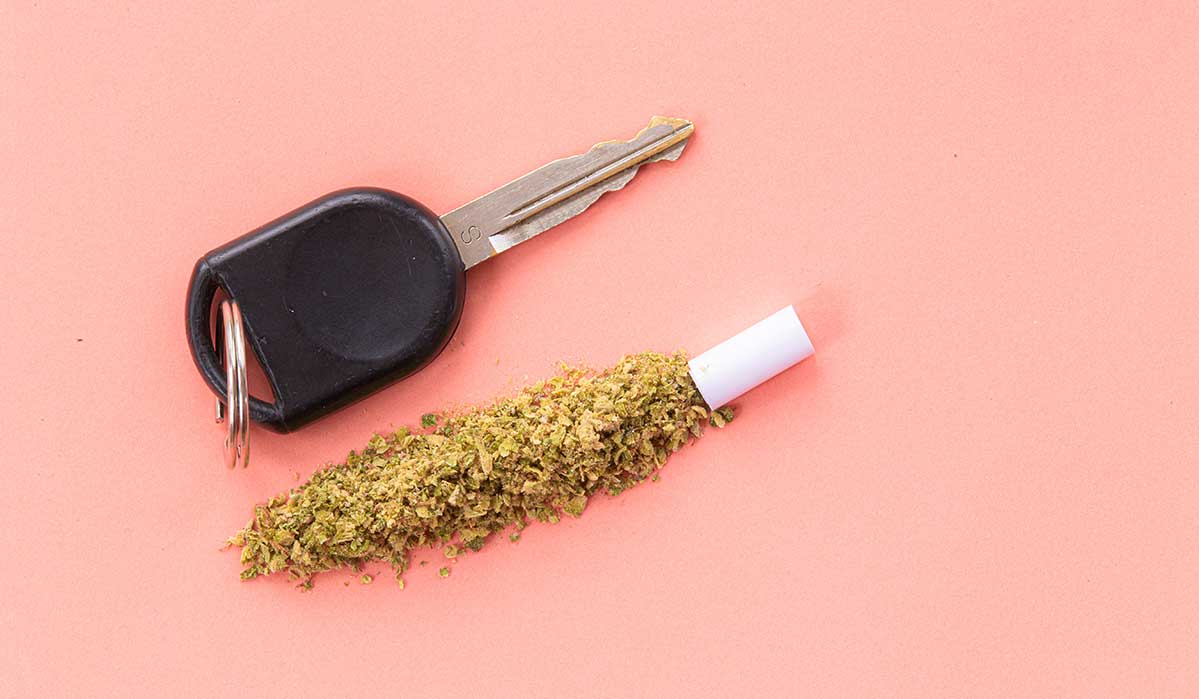In Canada, the two charges commonly associated with drunk driving are impaired operation, section 320.14(1)(a) of the Criminal Code, and ’80 over, section 320.14(1)(b) of the Criminal Code. These charges carry similar penalties and are often laid together and the accused may be found guilty of both although a conviction can be entered for only one of the charges at a time.
While to a layperson the two charges appear the same, they do have important differences which require different methods of proof on the part of the prosecution and different defenses on the part of the accused.
Impaired Operation
Simply put, the offense of impaired driving consists of operating a motor vehicle, vessel, or aircraft while your ability to do so is impaired by alcohol or drug. Notice that this offense does not necessarily involve alcohol, a person may be charged with impaired driving if his ability to drive is impaired by drugs as well. Drug-impaired driving became especially prominent after the legalization of marijuana.
In the case of impaired driving, we are not really concerned with the level of alcohol in the accused’s blood but only with the effect of alcohol or other intoxicating substance on the accused’s ability to drive. In other words, some people may be impaired even with a low level of alcohol in their system while others may not be impaired even though the level of alcohol in their blood far exceeds the legal limit.
In order to prove the charge of impaired driving the Crown has to show that the accused’s ability to drive was impaired and this is normally done through observations of police officers and other witnesses which normally focus on the manner of driving, balance, speech, and other signs or indicia of impairment.
It is very common at the impaired driving trial to hear the testimony of the police officer reciting the following observations, which lawyers often refer to as “boilerplate” signs of impairment: red, bloodshot, and watery eyes, slurred speech, difficulty with balance, and bizarre or erratic driving. While each of these signs sounds bad enough on its own and taken together they present a grave picture of a drunk driver out of control, it often turns out that probing by an experienced defense counsel reveals that such observations are either untrue or groundless or have an innocent explanation which has nothing to do with impairment. In many cases, the video recordings of the accused following the arrest are of great assistance to the defense as often times such recordings are sharply at odds with the officers’ reported observations.
’80 Over
The charge of ’80 over, on the other hand, is only invoked in the cases involving alcohol and has nothing to do with impairment. In other words, you can be as sober as you want, however, if the Crown can prove that the concentration of alcohol in your blood exceeded the legal limit at the time of driving, you are guilty of this offense. The legal limit in Canada is now under 80 milligrams of alcohol in 100 milliliters of blood, hence the common name of the charge – ’80 over.
This charge used to be known as “over ‘80”, however, in December 2018, the new legislation made it a crime to have 80 or more mg of alcohol in 100 ml of blood, so now the more appropriate name is ’80 over.
The level of alcohol in the blood is determined by breath tests or, in certain cases, by blood tests. In case of breath tests, an accused person has to supply at least two suitable samples into a special instrument designed to analyze such breath samples and determine the concentration of alcohol in his blood.
In addition, the new legislation made it an offense to be over the legal limit not only at the time of driving as used to be the case but also during the two hours after that time unless the accused person reasonably did not believe he or she will be subjected to testing.
Although at the first glance it seems that once your breath samples are obtained and the results are over the legal limit your case is finished, in many cases it is very far from the truth.
Although the new legislation prevented many previously available defenses, there are ways of challenging the admissibility of the results as evidence against you either under the Criminal Code or the Canadian Charter of Rights and Freedoms.
For example, the Criminal Code provides for certain conditions under which the certificate confirming results can constitute evidence of your blood/alcohol level. If these conditions are not met, the prosecutor may lose evidence necessary for establishing your blood/alcohol level and hence your guilt.
Under the Charter, every person has certain rights which have to be observed in cases where the police want to obtain the person’s breath samples. For example, the police have to have reasonable and probable grounds to demand breath samples from an individual, such an individual has the right to consult a lawyer prior to providing breath samples, etc. If the person’s rights under the Charter are breached, the defense can request that the breath sample results be excluded from evidence.
Without breath sample results the prosecution has no case against you on the charge of ‘80 over since these results are the main piece of evidence on this charge. Accordingly, once the results are excluded from evidence, this charge must necessarily be dismissed.
The above information is definitely not exhaustive but clearly illustrates how technical and complex the drinking and driving charges are and why it is so important to be represented by an experienced impaired driving lawyer if you intend to fight them.
